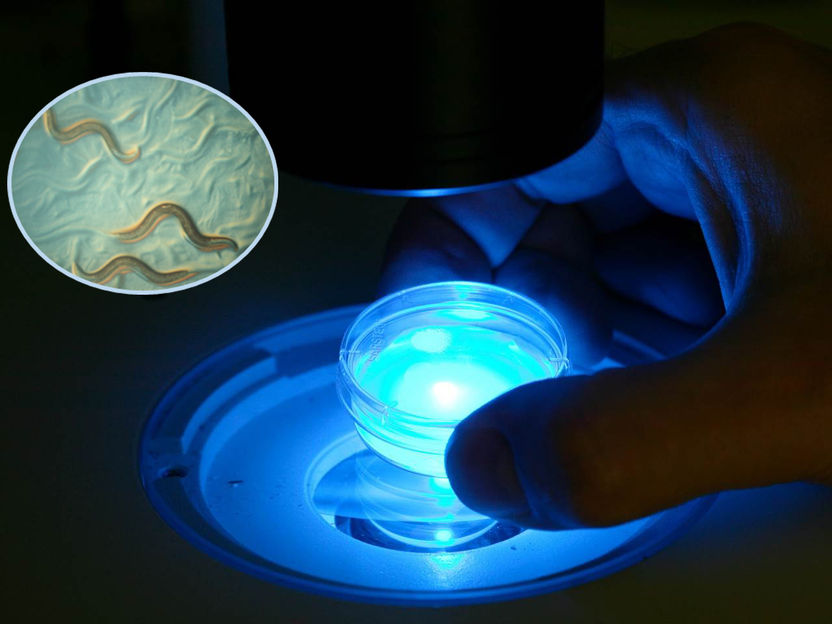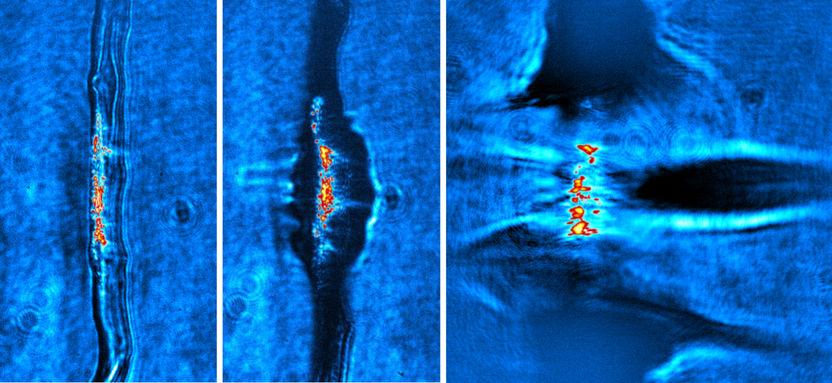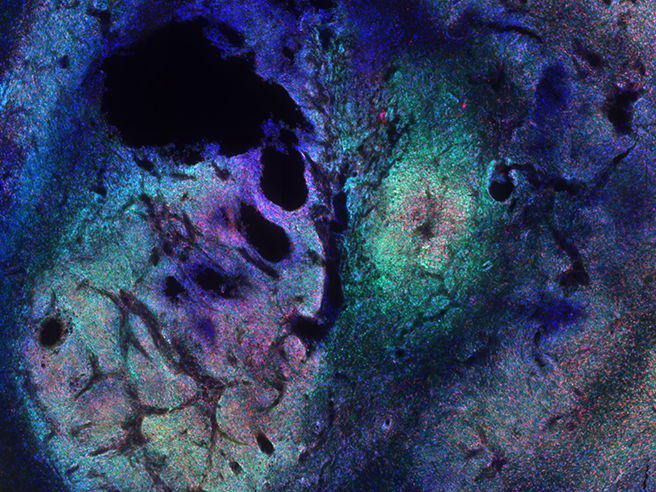Elevated Testosterone Kills Nerve Cells
A Yale School of medicine study shows for the first time that a high level of testosterone, such as that caused by the use of steroids to increase muscle mass or for replacement therapy, can lead to a catastrophic loss of brain cells. Taking large doses of androgens, or steroids, is known to cause hyperexcitability, a highly aggressive nature, and suicidal tendencies. These behavioral changes could be evidence of alterations in neuronal function caused by the steroids, said the senior author, Barbara Ehrlich, professor of pharmacology and physiology.
Testosterone is the main male hormone and it plays fundamental roles in development, differentiation, and cellular growth. In neurons, testosterone acts as a neurosteroid and can induce changes at the cellular level, which in turn lead to changes in behavior, mood and memory. Both neuroprotective and neurodegenerative effects of androgens have been reported.
The researchers showed that high levels of testosterone triggered programmed cell death in nerve cells in culture. Cell death, or apoptosis, is critical in many life processes, including development and disease. It is characterized by membrane instability, activation of caspases, which are the executioner proteins in apoptosis, change in membrane potential, and DNA fragmentation.
"In the present study we have demonstrated for the first time that the treatment of neuroblastoma cells with elevated concentrations of testosterone for relatively short periods, six to 12 hours, induces a decrease in cell viability by activation of a cell death program," Ehrlich said. "Low concentrations of testosterone had no effects on cell viability, whereas at high concentrations the cell viability decreased with incremental increases in hormone concentration."
The testosterone-induced apoptosis described in this study occurs through overactivation of intracellular Ca2+ signaling pathways. Overstimulation of the apoptotic program in neurons has been associated with several neurological illnesses, such as Alzheimer disease and Huntington disease.
Original publication: Journal of Biological Chemistry 2006, 281: 25492-25501.
Topics
Organizations
Other news from the department science

Get the life science industry in your inbox
By submitting this form you agree that LUMITOS AG will send you the newsletter(s) selected above by email. Your data will not be passed on to third parties. Your data will be stored and processed in accordance with our data protection regulations. LUMITOS may contact you by email for the purpose of advertising or market and opinion surveys. You can revoke your consent at any time without giving reasons to LUMITOS AG, Ernst-Augustin-Str. 2, 12489 Berlin, Germany or by e-mail at revoke@lumitos.com with effect for the future. In addition, each email contains a link to unsubscribe from the corresponding newsletter.
More news from our other portals
Last viewed contents

A gene provides both protection and destruction - Researchers discover new function of the widely disseminated, yet little understood ENDOU enzyme

Frosty hydrogen as target - New method improves proton acceleration with high power laser
New technique for testing drugs to treat cystic fibrosis and epilepsy
Moffitt Cancer Center researchers study use of dasatinib for patients with high-risk MDS - Drug safe but with limited efficacy; those with trisomy 8 chromosomal disorder may benefit

How cells stick together tightly
Biocitech life science park welcomes Chem-X-Infinity and Spectralys Innovation - Two new arrivals add to Biocitech's success in attracting cutting-edge companies to the Paris life science park
Waters acquires DESI-MS technology from Prosolia - Desorption Electrospray Ionization (DESI) imaging gives deeper biological insights
List_of_monoclonal_antibodies

How to repel mosquitoes with the right soap scent - Virginia Tech researchers conduct proof-of-concept study on mosquito’s scent preferences

Starting up with highly promising immunotherapies - Fighting cancer with specially equipped T cells






















































